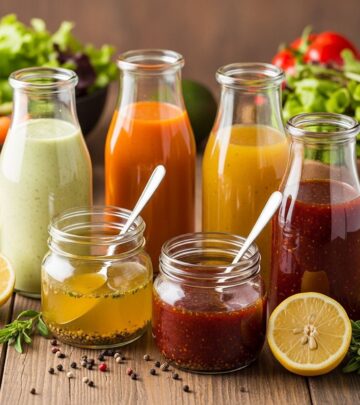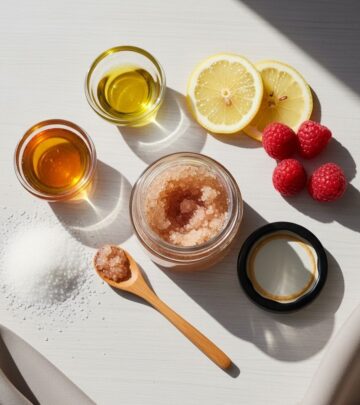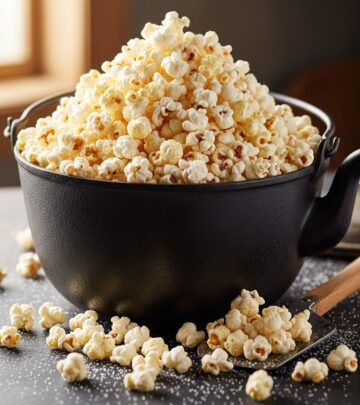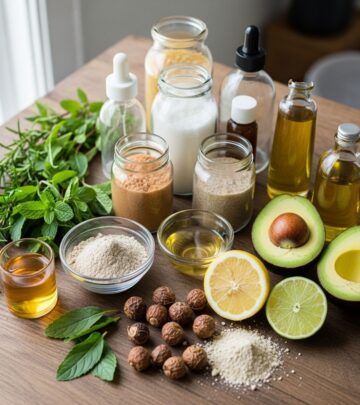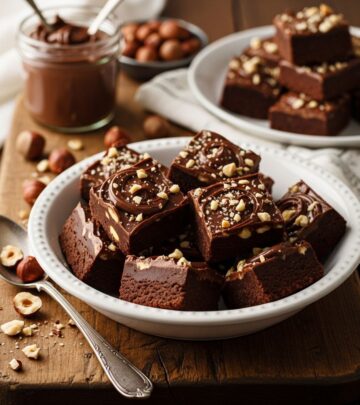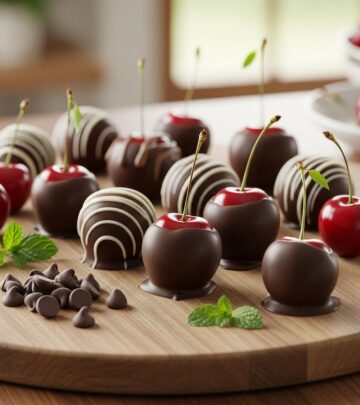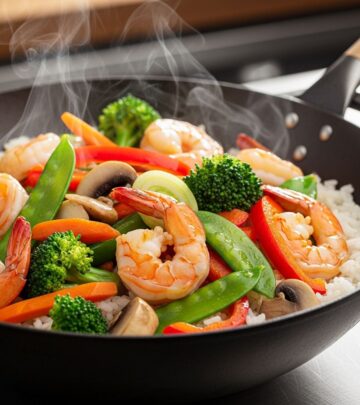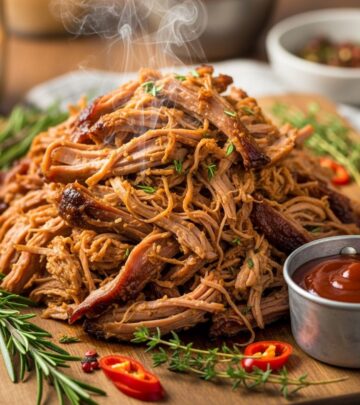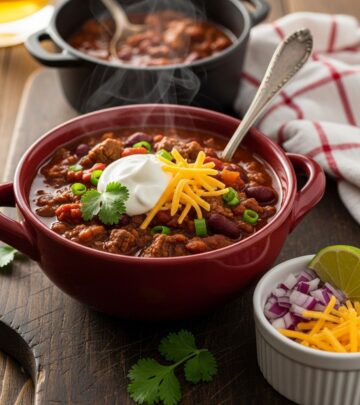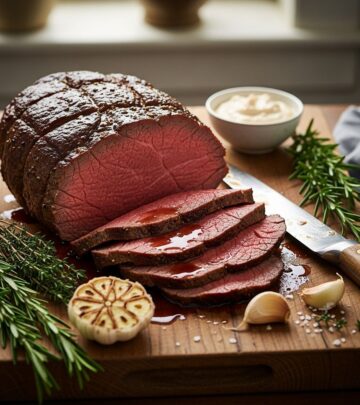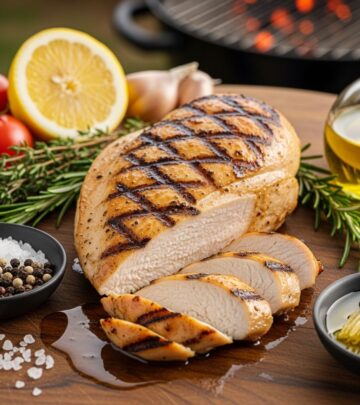The Clover Club Cocktail: History, Technique, and Recipe
Master a smooth raspberry-lemon libation topped with creamy foam for an elegant sip.
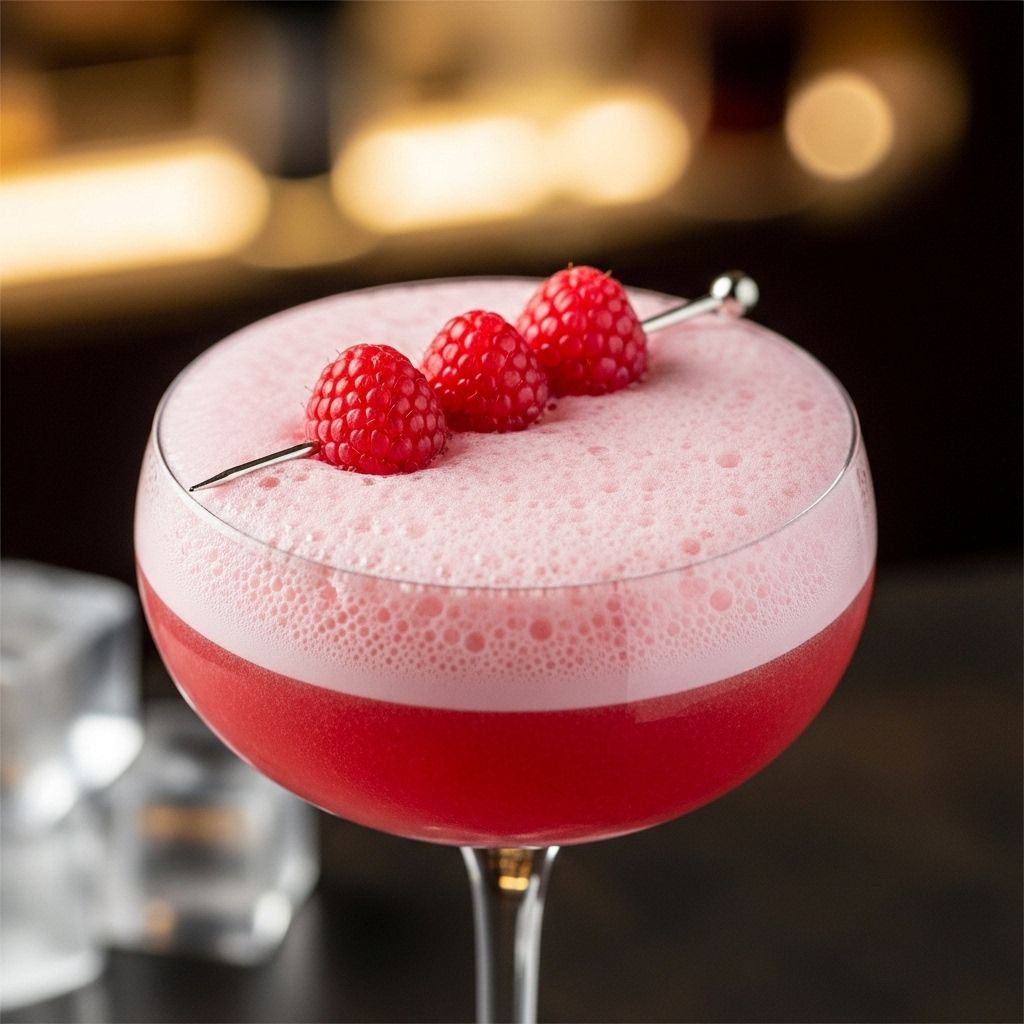
The Clover Club: A Classic Cocktail Reborn
Among the vast lexicon of classic cocktails, the Clover Club stands out for its delicate flavor, frothy elegance, and storied history. Once a fixture of pre-Prohibition cocktail culture, this gin-based drink blends fresh raspberry, lemon, and egg white to produce a silky, tart, and brilliantly pink libation.
Table of Contents
- A Brief History of the Clover Club
- Key Ingredients
- Essential Equipment
- The Definitive Clover Club Recipe
- Shaking Technique: The Art of the Froth
- How to Make Raspberry Syrup
- Popular Variations & Gin Choices
- Pro Tips for the Perfect Clover Club
- Frequently Asked Questions (FAQ)
A Brief History of the Clover Club
The Clover Club cocktail traces its origins to the late 1800s in Philadelphia, named for the eponymous gentlemen’s club of lawyers and journalists who frequented the Bellevue-Stratford Hotel. It quickly became a mark of sophistication before Prohibition, finding admirers in both New York and Philadelphia . Though its signature pink hue and froth may seem delicate, the drink’s complexity and tart finish belie any assumptions of it being a mere “ladies’ cocktail” – a stereotype perpetuated through the 20th century .
Following a mid-century slump, the Clover Club experienced a renaissance with the craft cocktail movement, notably championed by renowned bartender Julie Reiner, who opened Brooklyn’s acclaimed Clover Club bar.
Key Ingredients
The Clover Club relies on a harmonious blend of classic cocktail standards and a few unique elements. Each ingredient, from base spirit to garnish, plays a decisive role:
- Gin: Traditionally, a London Dry or Plymouth gin offers the best herbal and citrus balance .
- Raspberry Syrup: Provides the characteristic fruit flavor and blush color. Homemade is best (see below).
- Lemon Juice: Freshly squeezed only, for essential acidity to balance the syrup’s sweetness.
- Dry Vermouth (optional but recommended): Adds depth and dryness.
- Egg White: Creates the renowned creamy, dense foam cap.
- Garnish: A fresh raspberry or a twist of lemon peel for aroma.
Essential Equipment
To prepare the Clover Club to professional standards, assemble the following bar tools:
- Boston shaker (or cobbler shaker)
- Jigger (for precise measurement)
- Fine mesh strainer (to ensure a silky finish)
- Hawthorne strainer
- Cocktail glass or coupe glass (chilled)
- Citrus squeezer
- Bar spoon (for stirring syrup or muddling berries)
The Definitive Clover Club Recipe
Multiple revered bartenders have fine-tuned the Clover Club. Below is a synthesis of leading recipes, adapted for optimal balance, froth, and flavor :
| Ingredient | Amount |
|---|---|
| Gin (London Dry or Plymouth) | 1.5 oz (45 ml) |
| Dry Vermouth | 0.5 oz (15 ml) |
| Fresh Lemon Juice | 0.5 oz (15 ml) |
| Raspberry Syrup | 0.5 oz (15 ml)* |
| Egg White | 1/2 an egg white (about 0.5 oz) |
| Ice | As needed |
| Garnish | Fresh raspberry or lemon twist |
*See below for raspberry syrup recipe. Some bartenders use fresh raspberries muddled with simple syrup as a substitute.
Step-by-Step Instructions
- Combine Ingredients: Add gin, vermouth, lemon juice, and raspberry syrup to your cocktail shaker.
- Add Egg White: Add the egg white last.
- Dry Shake: Shake vigorously without ice for 10–15 seconds. This emulsifies the egg white for maximum froth .
- Wet Shake: Add ice and shake again, hard, for another 10–20 seconds, chilling and diluting the mixture.
- Double Strain: Strain into a chilled coupe or cocktail glass using a fine mesh strainer.
- Garnish: Top with a fresh raspberry or lemon twist.
Shaking Technique: The Art of the Froth
The signature frothy cap of the Clover Club relies on the two-phase shaking technique:
- Dry Shake (No Ice): First, shake all ingredients vigorously without ice to allow the egg white proteins to aerate and form a dense foam .
- Wet Shake (With Ice): Add ice and shake a second time—this chills, dilutes, and further integrates ingredients.
Alternative: If using large, hard ice cubes, you can opt for an especially vigorous single shake.
How to Make Raspberry Syrup
Homemade raspberry syrup adds authentic flavor and a jewel-like pink color. Here’s a tried-and-true method that keeps well for up to a month :
| Ingredient | Amount |
|---|---|
| Fresh raspberries | 1 cup (125g) |
| Superfine sugar | 2 cups (400g) |
| Water | 1 cup (230 ml) |
| Vodka (optional) | 1 Tbsp (to preserve) |
Instructions
- Muddle raspberries and sugar together in a small saucepan.
- Add water; bring to a simmer over medium heat.
- Simmer gently for 10 minutes, stirring regularly.
- Remove from heat and strain through fine mesh into a clean bottle.
- For extra longevity, stir in a splash of vodka.
- Cool. Store in refrigerator for up to one month.
Popular Variations & Gin Choices
The Clover Club adapts well to personal taste and available ingredients:
- Fruit Options: If raspberry syrup is unavailable, muddle fresh raspberries with simple syrup for a vivid, tart fruit base .
- Eggless Substitute: Use aquafaba (chickpea brine) for a vegan froth.
- Lemon Peel: For a citrusy aroma, express a lemon peel over the finished drink.
- Gin Styles: Plymouth gin offers a rich, soft edge; classic London Dry gives bold juniper; American and Japanese gins offer novel flavor twists .
Comparing Gin Choices
| Gin Style | Resulting Flavor |
|---|---|
| Plymouth | Balanced, smooth, slightly earthy |
| London Dry | Bold, assertive juniper and citrus |
| Hendrick’s | Cucumber and rose notes—refreshing |
| Modern gins | Unique botanicals for a contemporary twist |
Pro Tips for the Perfect Clover Club
- Always Use Fresh Juice: Bottled lemon juice will yield a dull, flat cocktail.
- Chill Your Glass: Place your coupe in the freezer or fill with ice water before shaking.
- Fine Straining: Removes raspberry seeds and ensures a velvety texture.
- Don’t Fear the Egg: When shaken properly, egg white adds creamy texture and does not impart flavor or aroma. Always use the freshest eggs, and if concerned, choose pasteurized eggs.
- Balance Sweet and Sour: Adjust raspberry syrup and lemon juice to taste, but avoid overpowering the gin.
Frequently Asked Questions (FAQ)
Q: Is it safe to use raw egg white?
A: Using fresh, high-quality eggs minimizes risk. Pasteurized eggs are recommended if you’re concerned about foodborne illness. The alcohol and acid in the drink help mitigate risk as well.
Q: Can I make the Clover Club without egg white?
A: Yes. Substitute egg white with 1 oz of aquafaba (chickpea brine) for similar froth, or simply omit – the drink will lack the signature creamy cap but remain delicious.
Q: What gin is best for the Clover Club?
A: Plymouth and London Dry are classic choices, providing the right balance of juniper and citrus. Experiment with your favorite botanicals to discover your own twist.
Q: Can I prepare raspberry syrup in advance?
A: Absolutely. Homemade syrup keeps refrigerated for up to a month. Adding a splash of vodka extends shelf life.
Q: How do I achieve maximum froth?
A: The key is a very vigorous dry shake first. Don’t be timid—shake with conviction!
Conclusion
The Clover Club is more than just a pretty drink: it’s a testament to the enduring power of cocktail tradition and innovation. By mastering the balance of gin, raspberry, lemon, and frothy egg white, you’ll add a sophisticated showstopper to your repertoire—perfect whether hosting a party or savoring a moment at home.
References
- https://www.cocktailchemistrylab.com/home/clover-club
- https://www.tommacy.com/cloverclub
- https://vinepair.com/cocktail-college/clover-club/
- https://drinksanddrinking.com/2017/02/21/whats-the-best-recipe-for-a-clover-club/
- https://nerdswithknives.com/clover-club-cocktail/
- https://www.youtube.com/watch?v=DGUNM7yXfJs
Read full bio of Sneha Tete

